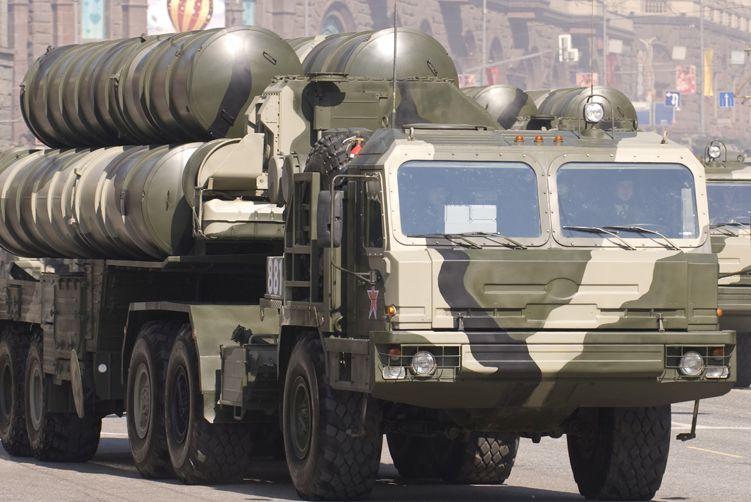Bloomberg reports that Russia’s President Putin has rejected a controversial Iranian request to buy S-400 missile defense systems on the basis of current soaring tensions between Tehran and Washington following accusations of “sabotage” attacks on oil tankers and a pipeline in the gulf region.
The breaking report cites a senior Russian official and other unnamed sources with knowledge of the matter:
The request was rebuffed by President Vladimir Putin, the people said on condition of anonymity because they’re not authorized to discuss the matter. Iranian Foreign Minister Mohammad Javad Zarif visited Moscow May 7.

Apparently Russia is not willing to risk yet more tensions with the US and possible further punitive measures as it’s in a growing “new Cold War” of sorts on a number of other global fronts, including in Syria, Ukraine, Venezuela, the collapsing INF treaty, defense sales to Turkey, and lately facing fresh accusations of conducting “low-yield nuke tests” in the Arctic.
Neither side has yet confirmed the Bloomberg report; however, Russia has lately sought to assure both Israel and the West that it’s taking strides to prevent Iranian expansion inside Syria in order to calm and stabilize the international proxy war there.
At this delicate time, when Syrian and Russian airstrikes are ramping up over Idlib province, Russia transferring S-400’s to Iran would likely prove disastrous in terms of re-igniting a great power confrontation and conflict in the region. No doubt Moscow doesn’t want to upset an already fragile balance, and further needs Turkey by its side related to Idlib.
Transfer of the S-400, which has a defense range of up to 400 kilometers, would also likely heighten an established pattern of Israeli military intervention against Iranian assets in Syria and Lebanon.
Last year Moscow announced it would transfer S-300 missiles to Syria after a Russian reconnaissance plane was mistakenly shot down during the confusion of an massive Israeli attack. The reputedly very accurate S-300 anti-air system reportedly went live in February, with Syrian personnel continuing to undergo training on the systems. That bold maneuver by Moscow also came under condemnation of the US and its allies.
Both Russia and Turkey are currently facing US pressures to abandon an agreed upon purchase of the deadly S-400 by Ankara, which has brought the threat of US sanctions against Turkey, as well as held up a prior F-35 stealth fighter deal as Congress has blocked further deliveries of the Lockheed Martin produced jet.
via ZeroHedge News http://bit.ly/2I5z3XO Tyler Durden